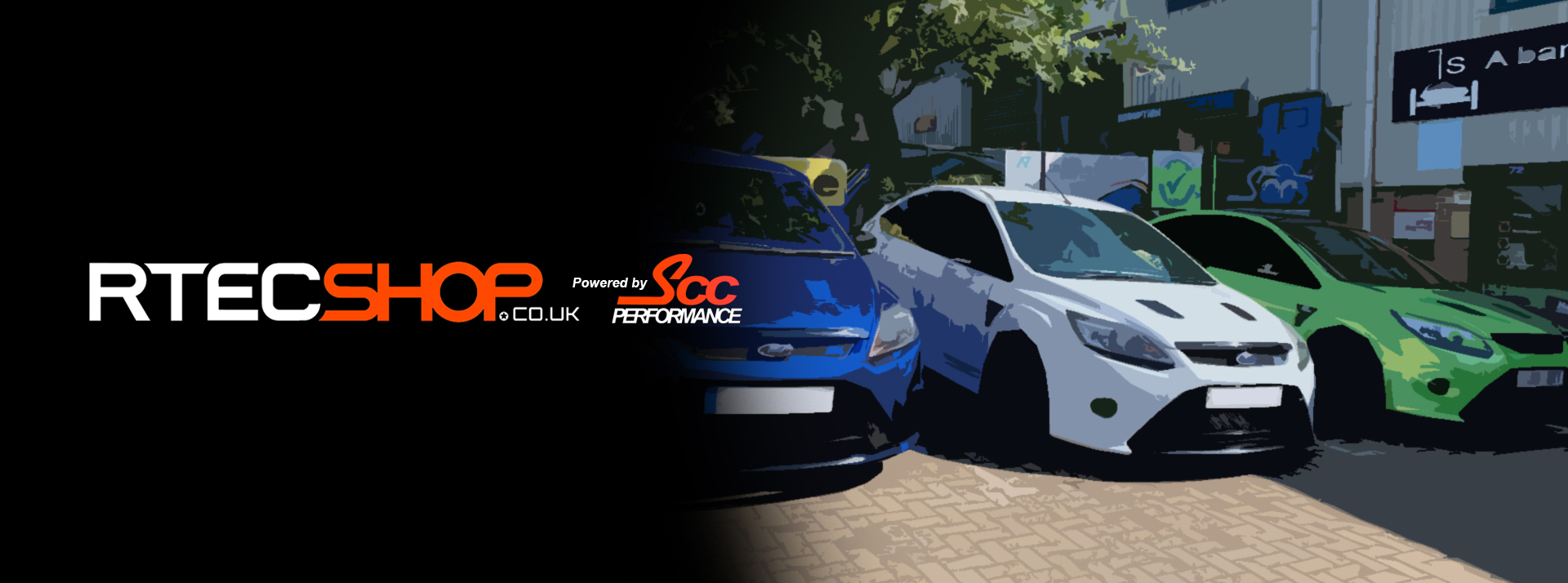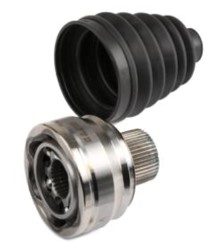
- Sale
- Wheels
- Air Filters
- Brakes
- Exterior
- Engine
- Exhausts
- Suspension
- Gallery
- Information
- Technical
- Alloy Wheel installation
- Avoiding pot holes
- Bedding in tyres
- Correct tyre inflation
- Performance benefits
- Porsche N rated tyres
- Mercedes MO rated tyres
- Quality of a wheel
- Reading your tyre markings
- Selecting the right tyre
- The age of your tyres
- Tyre labelling
- Tyre pressure monitors (TPMS)
- Tyre rotation instructions
- Tyre tread patterns
- What are alloy wheels
- Wheel alignment
- Wheel nut/bolt torque
- Why install larger wheels
- Winter tyres
- Blog
- Services
- Contact

Equal Velocity Joints: Understanding the Importance for Your Vehicle
When it comes to the inner workings of your car, there are countless parts and systems that work together to make it run smoothly. One of these systems is the drivetrain, which is responsible for transferring power from the engine to the wheels. An essential component of the drivetrain is the equal velocity joint (EVJ), also known as a constant velocity joint (CVJ). In this article, we will explore what an equal velocity joint is, the different types of joints available, how they are constructed, and the potential risks of failure.
What is a Constant Velocity Joint and Why Do I Need One in My Car?
A constant velocity joint, or CVJ, is a mechanical linkage that allows power to be transferred from the drive shaft to the wheels while also accommodating the angle of the wheels as they move up and down. In simple terms, it allows the drive shaft to transmit power to the wheels at a consistent speed, regardless of the angle of the wheels. This is especially important in vehicles with independent suspension systems, such as all-wheel drive and front-wheel drive cars. Without an equal velocity joint, the drive shaft would have to be rigidly connected to the wheels, which would limit the movement of the suspension and result in a rough ride.
Types of Constant Velocity Joints
There are two main types of constant velocity joints: the tripod joint and the double offset joint. The tripod joint is typically used in front-wheel drive vehicles and is known for its compact design. The double offset joint, on the other hand, is typically used in all-wheel drive and four-wheel drive vehicles. It is known for its increased strength and durability, making it better suited for the added stress and strain of off-road driving.
How is a Constant Velocity Joint Constructed?
The construction of a constant velocity joint is quite complex and involves several precision-engineered components. The joint itself is made up of a series of ball bearings that are housed within a cup-shaped outer race. These bearings are also encased in a cage, which helps to keep them in place as they rotate. The inner race of the joint is connected to the drive shaft, while the outer race is connected to the wheel hub.
What is the Risk of a Constant Velocity Joint Failure?
Although constant velocity joints are designed to be durable and long-lasting, they are still susceptible to failure. If a joint fails, it can result in a variety of problems, such as vibration, clunking noises, and uneven tire wear. In severe cases, a failed joint can also cause the drive shaft to disconnect from the wheel, which can lead to a loss of power and control.

Photo of the constant velocity joint taken from rexbo.co.uk
Why Do Constant Velocity Joints Break?
Constant velocity joints can fail for a variety of reasons, including lack of lubrication, contamination, and wear and tear. Lack of lubrication can cause the ball bearings to become damaged, while contamination can cause the joint to become clogged with dirt and debris. Wear and tear can also cause the joint to fail, especially if it is subjected to excessive stress and strain.
Conclusion
In conclusion, the equal velocity joints play an important role in the drivetrain of your car by providing a smooth ride. It's important to understand the working of the joints and the risk of failure. Regular maintenance and inspection of the joints can help prevent failure and prolong the life of your vehicle. If you suspect a problem with your equal velocity joint, it's essential to have it checked out by a professional as soon as possible to avoid any further damage.